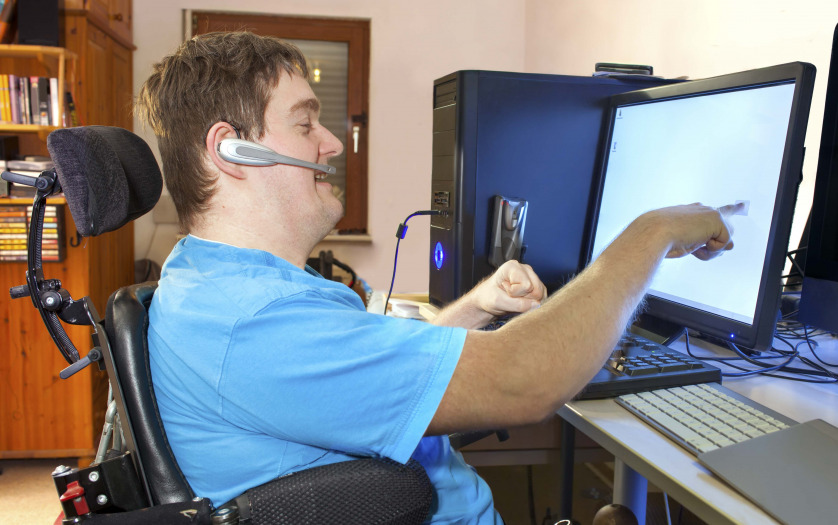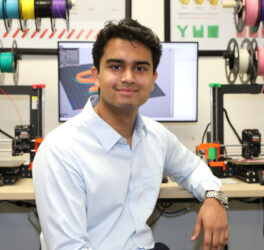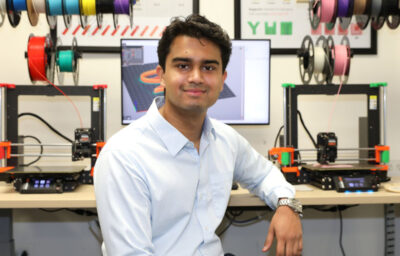
People with severe communication disabilities will be able to access the augmentative communication technology and professional support they need to build independence and fully participate in their communities.
With $3.162 million in provincial funding, the Communication Assistance for Youth and Adults (CAYA) program can continue supporting people in B.C. with communication barriers to meet their day-to-day communication needs.
“A lot of us take for granted the ability to say directly what we are thinking,” said Nicholas Simons, Minister of Social Development and Poverty Reduction. “Assistive and augmentative communication technology, like a speaking aid, is vital to making sure every voice is heard and that people with disabilities have the chance to express their choices and participate in their own care.”
CAYA was established in 2005 and the provincewide program supports people 19 and older access and implement alternative and augmentative communication technology and strategies so that they can participate more fully in education, work and community, and make independent personal choices. This includes providing systems, strategies and tools that support communication such as symbol boards, keyboards and alphabet charts or speech-generating devices.
More than 926,000 people in British Columbia are living with a disability and encounter barriers on a daily basis. With the passing of the Accessible British Columbia Act last year, government is working to improve the lives of people living with disabilities and increase opportunities to participate in their communities.
“Being able to communicate your thoughts and needs is an invaluable part of building both independence and connection. That is why we are so proud to be able to continue our support of CAYA as they help give voice to people living with communication disabilities such as ALS or autism.” said Dan Coulter, Parliamentary Secretary for Accessibility.
“The Accessible British Columbia Act endeavours to remove barriers in society and the inability to communicate is a devastating barrier for adults in British Columbia whose speech doesn’t meet their daily needs. They rely exclusively on the services that CAYA provides, and we look forward to working with the provincial government to ensure that these services continue to be available to all who need them for years to come.” said Lois Turner, program manager, CAYA.
“Curtis recently received an iPad with the Predictable communication app from CAYA… Curtis can express himself more clearly to anyone who doesn’t know him so that he can make new friends and voice his needs to new people. He can also talk about more abstract topics and express his emotions more broadly and deeply. Curtis is excited to have this tool to augment his communication with new people and to broaden his social circle via Zoom or at church.” said Ivy Pang, mother of CAYA client.








